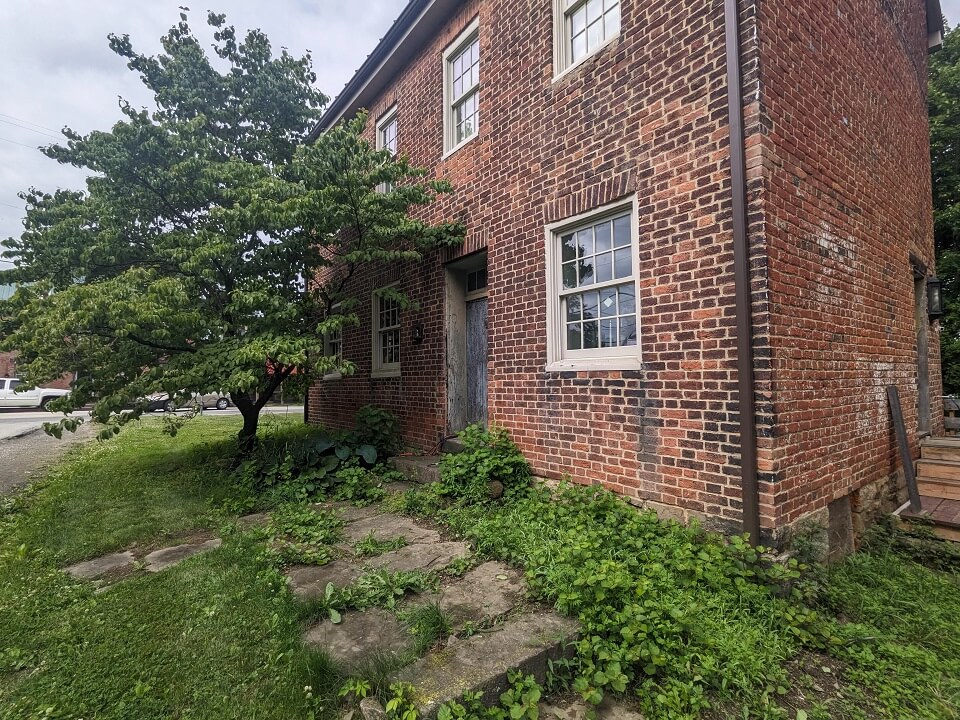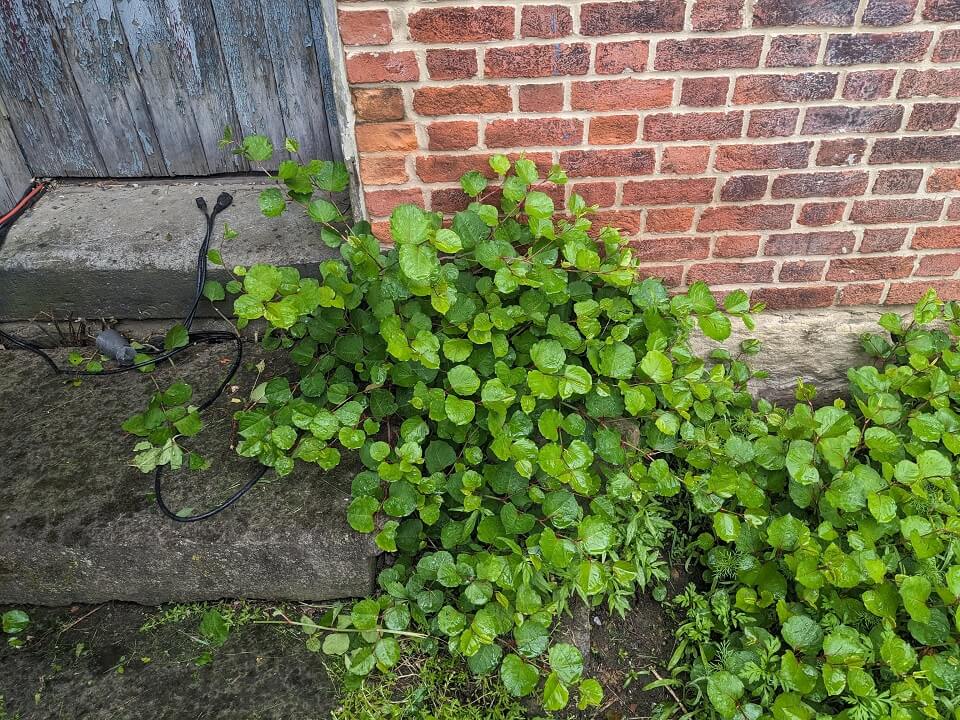The excitement of buying a new property was tempered for one homeowner when they discovered a thriving invasive plant on the land.
They sent a cry for help to the r/gardening subreddit after discovering a "LARGE Japanese Knotweed Situation" in the garden. "Any hope?" they asked in the caption.
The plea was accompanied by seven pictures, each demonstrating just how far the plant had spread.


"There's a roughly 2000 sqft area heavily grown in and another very small patch of what I'm told is (but doesn't super look like) also JK," the distressed homeowner noted.
According to the National Invasive Species Information Center from the Department of Agriculture, Japanese knotweed arrived in the United States in the late 1800s.
The Noxious Weed Control Board of Washington State says it is "very aggressive," and thanks to its ability to form dense strands, it can crowd out other types of vegetation and cause damage to animal habitats.
"It can also create a fire hazard in the dormant season," the NWCB added, which is a concern in areas that are prone to wildfires. "It is difficult to control once established."
Indeed, Redditors were alarmed by the sight of such a huge spread, with many sharing their own horror stories — and one noting there is even a Facebook community called "Worldwide Japanese Knotweed Support Group."
"I've been battling mine for a few years since buying a house," one commenter said. "The first year, I didn't know what it was, and just had it pulled out. No good really since it spreads all underground."
"I feel your pain," another added. "My summer is dedicated to digging out knotweed, black swallow-wort, lily-of-the-valley, and poison ivy."
A few recommended injecting an herbicide into the stems, but certain chemicals are controlled or even banned in some states, and they can be damaging to other plants, too.
The New Hampshire Department of Agriculture recommends smothering as a removal method, but it could take years before you can replant the area.
Even if you can suppress the plants you can see, they will likely be alive in root networks under the soil, and some can remain dormant for years before returning. They can also start a new grow from fragments of a seemingly destroyed plant.
Calling in experts is probably the way to go to keep the problem under wraps. But it's vital to identify the plant as soon as possible to stop the spread from getting out of hand.
Otherwise, one Redditor had a novel solution: "Put a pen around it and get some goats. They will eat it up down a few inches into the soil. Remove the goats and stick some pigs in there they will root the rest out."
Join our free newsletter for easy tips to save more, waste less, and help yourself while helping the planet.









